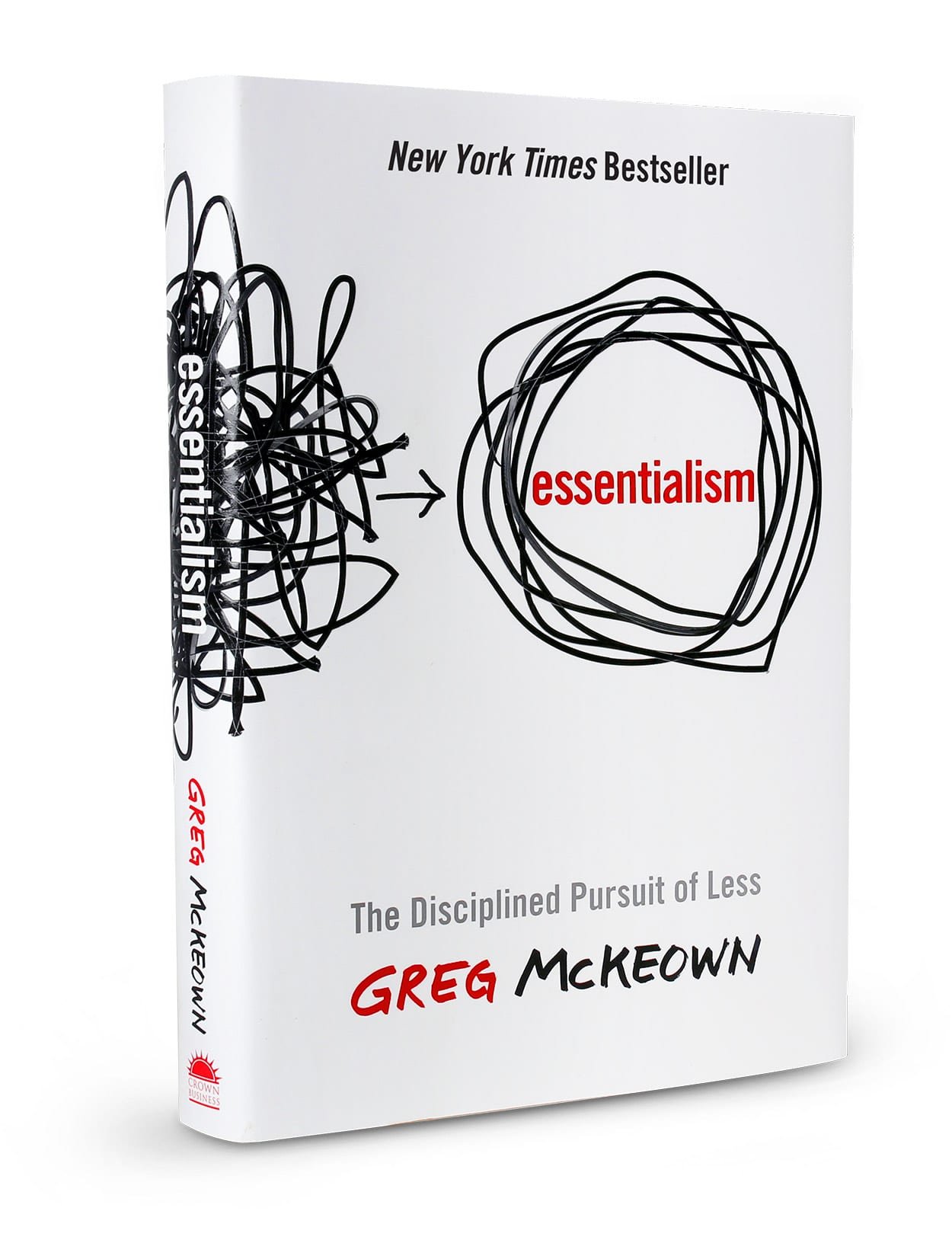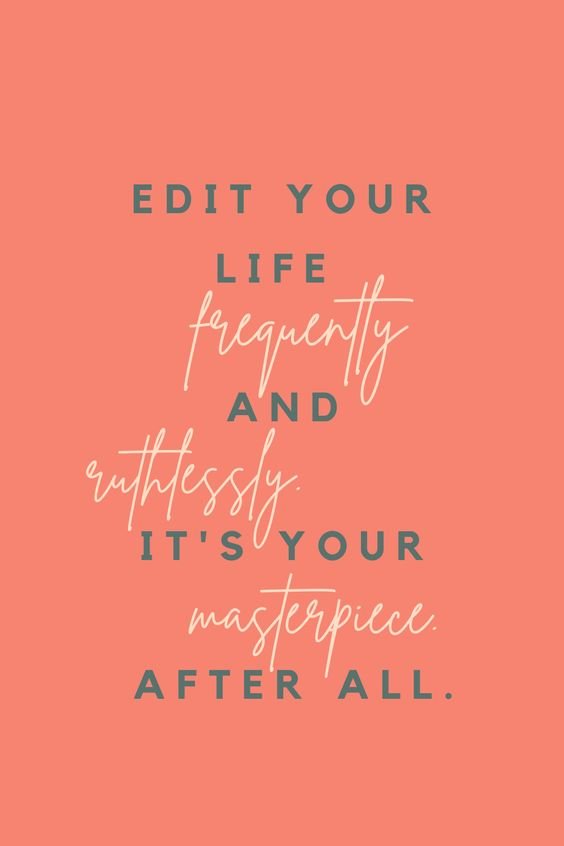The newest release (v40) of the “What’s Interesting?” feature has my latest finds, which inform, educate, and relate to organizing and life balance. These unique, inspiring, clutter-related discoveries reflect this month’s blog theme.
You are a passionate, communicative, and engaged group. I am deeply grateful for your ongoing presence, positive energy, and contributions to this community. I look forward to your participation and additions to the collection I’ve sourced.
What do you find interesting?
What’s Interesting? – 5 Best Clutter Discoveries
1. Interesting Workshop – The Motivation to Declutter
Are you struggling with staying motivated? You’re not alone. Studies show that anywhere from 40-90% of the population experience low motivation, which can negatively affect their personal and professional lives, education, relationships, and ability to achieve goals (such as reducing life’s clutter). But there’s good news - help is here.
Join me for a lively one-hour online workshop – How to Boost Motivation – 7 Familiar Challenges & Simple Solutions, on May 18th @7:00-8:00pm EDT. During this workshop, you’ll learn what motivation is, its most common problems, and practical strategies to overcome them. Get ready to become unstuck, increase your motivation, and start taking action toward your goals. Don’t wait - register now!
2. Interesting Podcast – The Stress of Clutter
Do you get overwhelmed and stressed by the clutter in your life? Some professionals, like myself, specialize in helping people sort, unclutter, and organize their belongings. The American Psychological Association’s podcast episode 227 features Deacon Joseph Ferrari, Ph.D., psychology professor and expert on the study of chronic disorganization and clutter.
Ferrari discusses the reasons we accumulate so much stuff, the challenges of dealing with clutter, the research about the impact of clutter on stress and anxiety, and how to declutter your life. Ferrari says, “…it [our possessions] could be a trigger to something in the past. And that’s one of the reasons it’s harder to declutter because it brings back either positive or negative emotions.”
“Clearing clutter will give you the space and energy to focus on what is most important to you. ”
3. Interesting Read – The Elimination of Clutter
In Essentialism – The Disciplined Pursuit of Less, author, speaker, and podcast host Greg McKeown helps you eliminate the non-essential and focus on the things that matter most. McKeown says Essentialism is not about saying “no” more often but asking, “Am I investing in the right activities?” It’s not about “how to get more things done; it’s about how to get the right things done.”
This happens by being intentional and by actively making decisions about your life. McKeown says, “If you don’t prioritize your life, someone else will.” What is cluttering your life and taking you away from what’s most important? Choice is at the core of being an Essentialist. He says, “We often think of choice as a thing. But a choice is not a thing. Our options may be things, but a choice-a choice is an action. It is not just something we have but something we do.”
If you are ready to be inspired and reduce the non-essential clutter in your life, I highly recommend reading Essentialism.
4. Interesting Resource – The Donation of Clutter
Would you like to declutter your overflowing closets and dressers while helping the environment? Using For Days “Take Back Bag,” you can easily ship unwanted goods, including clothes, socks, undies, shoes, linens, and even ripped, torn, or stained textiles. For Days will give “your oldies…a new life.” With their recycling partners, they keep goods out of landfills. The $20 cost of the Take Back Bag covers shipping. You receive an equivalent credit to your account, which can be used as cash for future clothing and home goods purchases.
In addition to the Take Back Bag program, their swap system lets you recycle at any point or exchange for credits For Days’ purchases of clothing and home goods. For Days embraces “circularity and zero waste.”
5. Interesting Thought – The Editing of Clutter
We accumulate stuff, filling our homes and minds with many things. Some are useful for a time and then can be released. What happens when we keep adding and never edit? Your spaces and thoughts become full, which can cause you to feel overwhelmed and unfocused. Choose to edit. Be ruthless. What has overstayed its welcome? What can be released? What deserves your time and attention? Clearing clutter will give you the space and energy to focus on what is most important to you.
Do you have an interesting clutter-related discovery? Which of these resonates with you? I’d love to hear your thoughts. I invite you to join the conversation.














